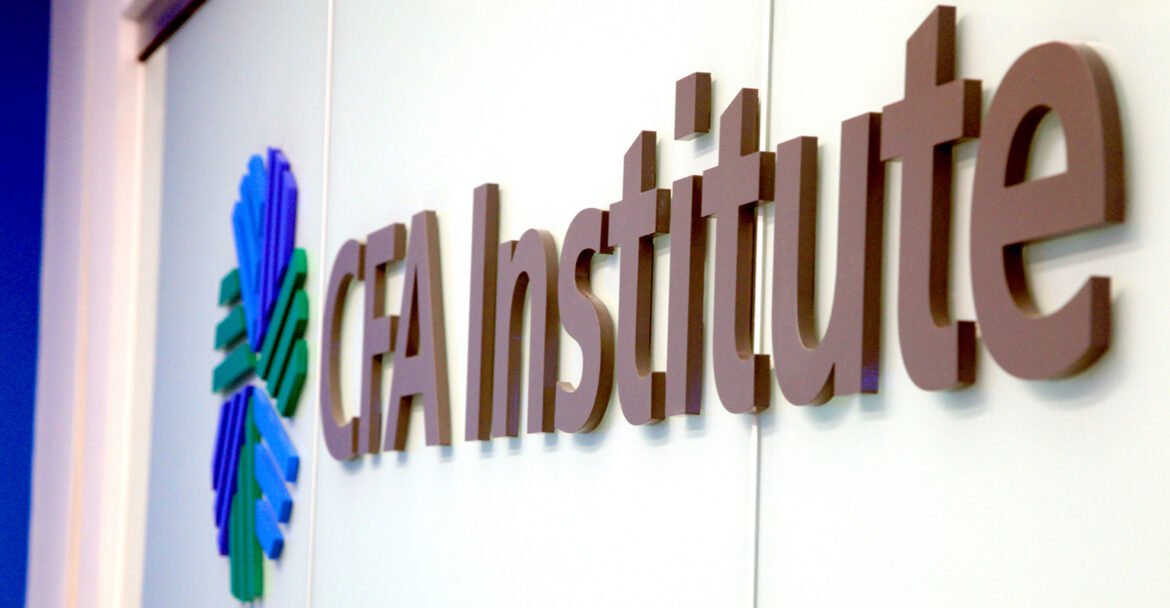CFA Institute, the global association of investment professionals, today marks the 60th anniversary of the CFA Program, the leading credential for the investment profession globally.
From an idea first conceived by the famed investor Benjamin Graham, the first CFA examination occurred on 15 June 1963, when 284 professional investors took the exam at 25 locations across the United States and — for one candidate who was travelling to England at the time — on the high seas onboard the RMS Queen Mary.
Already established and highly regarded in their fields, the first test takers included former presidents of the National Federation of Financial Analysts Societies (NFFAS) – the forerunner to CFA Institute – and individuals well-known for their authorship of articles and books on investing. Among them were Lucien O. Hooper, a recognised financial columnist, and Jane Ashby, one of only six women to participate.
Three months later, Jane Ashby and Lucien Hooper were two of the first 268 successful candidates to be awarded the CFA Charter. Fellow candidate and a former President of the NFFAS, George M. Hansen, received CFA Charter No 1.
Margaret Franklin, CFA, President & CEO, CFA Institute comments:
“Those first CFA exam candidates in the class of 1963 were already acknowledged investment leaders. They gave their time and put their reputations on the line to participate in an exam first proposed by Benjamin Graham and diligently crafted for the benefit of future generations of investment analysts. By taking part, they brought to life the vision for the CFA Program and set the tone for this now-universally recognised advanced qualification.”
Chris Wiese, CFA, Managing Director for Education, CFA Institute comments:
“The original CFA program focused on equity security analysis and emphasised ethical and professional standards. An expanded, global, more complex industry means that today’s candidates must be proficient in a significantly wider range of asset classes and applied knowledge. Through annual revisions to the curriculum, the CFA Program incorporates new investing concepts as they become mainstream, be that new securities, new strategies, new theories, or new tools. And with our latest enhancements, the CFA Program is evolving once again to meet the needs of a new generation of candidates. As a universal symbol of attainment, the CFA designation denotes mastery of the investment analysis and decision-making skills needed in the investment profession.”
An Evolving Curriculum
Over six decades the CFA Program curriculum has introduced a range of market innovations, including:
1960s — Capital asset pricing model and Sharpe ratio
1970s — Black-Scholes and mean-variance optimisation
1980s — Performance attribution and mortgage-backed securities
1990s — Exchange-traded funds and value at risk
2000s — Collateralised debt securities and IFRS
2010s — AI/machine learning and green bonds
2020s — Geopolitics and digital assets
Recently, CFA Institute announced the most significant updates to the CFA Program since its 1963 launch. These include the introduction of three specialist pathways at Level III of the CFA Program, providing candidates with portfolio management, private wealth, or private markets study options – all in pursuit of the same global credential – the CFA Charter. Digital practical skills modules have also been introduced to help candidates become desk-ready in subject areas including financial modelling and Python.




